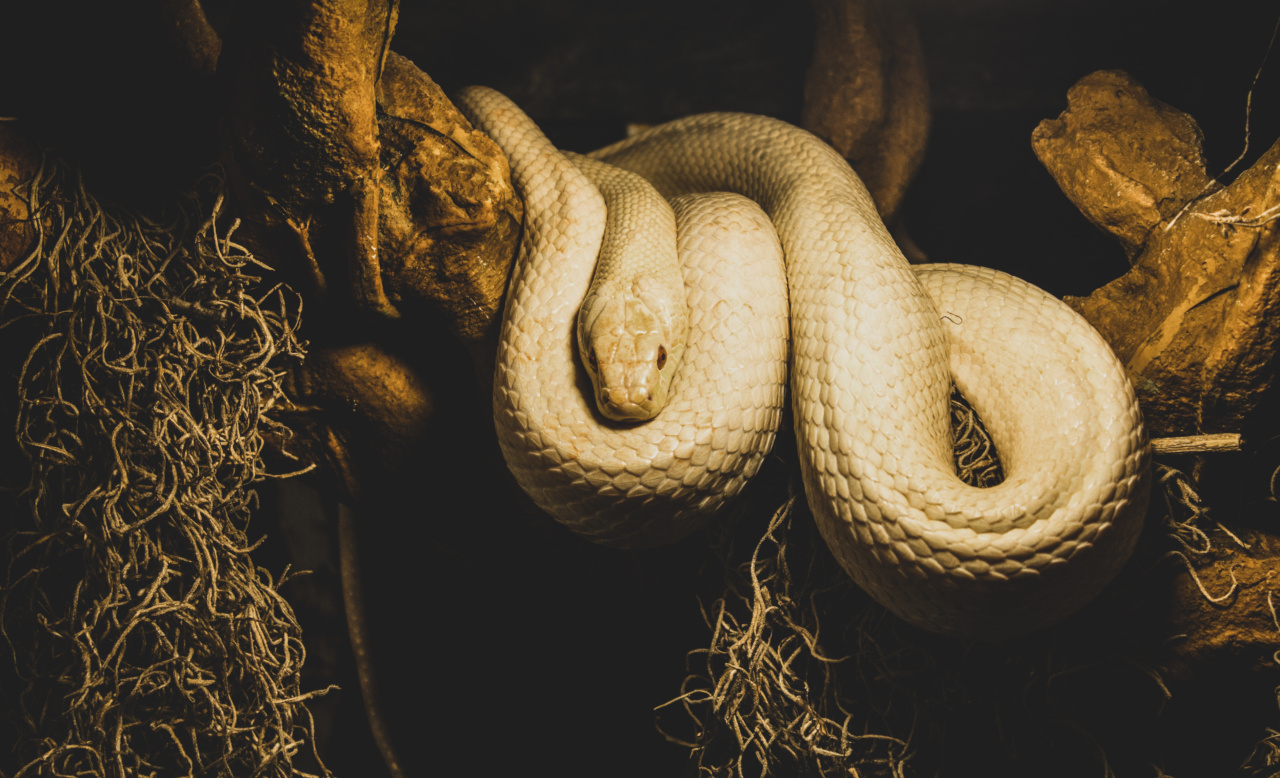Many expectant mothers wonder if it is safe to keep a pet snake while pregnant. Keeping a pet snake can be a rewarding experience, but it also comes with responsibilities and potential risks.
It is important to consider the potential impact of owning a snake on both the mother and the developing baby. In this article, we will explore the pros and cons of keeping a pet snake while pregnant and provide guidance to help you make an informed decision.
1. Allergies and Asthma
One concern with keeping a pet snake while pregnant is the potential allergies and asthma-related issues it may cause. Snakes, like all animals, produce dander, which can trigger allergies or asthma symptoms in sensitive individuals.
If you already have allergies or asthma, it is crucial to consider the potential impact on your respiratory health. Consult with your healthcare provider to determine whether keeping a snake is suitable for you during pregnancy.
2. Salmonella Risk
Salmonella is a common bacteria present in the digestive tracts of reptiles, including snakes. It can be transmitted through direct contact with the snake or by touching surfaces contaminated with the bacteria.
Pregnant women are more susceptible to infections and may be at a higher risk of severe complications from salmonella. It is important to practice strict hygiene measures, such as washing hands thoroughly after handling the snake or its habitat, to minimize the risk of infection.
3. Stress and Emotional Well-being
Pets, including snakes, can provide emotional support and companionship. However, it is important to consider the potential stress and emotional impact of owning a pet snake while pregnant.
Pregnancy is a time of significant physical and emotional changes, and adding the responsibility of caring for a snake may cause additional stress. Evaluate your emotional well-being and ability to provide proper care for the snake during this challenging period.
4. Physical Demands
Caring for a pet snake can be physically demanding. Regular maintenance tasks such as cleaning the habitat, feeding, and handling the snake may require bending, lifting, and reaching.
As the pregnancy progresses, these physical demands may become more challenging. You must assess your physical capabilities and consult with your healthcare provider to determine if it is safe for you to continue caring for your snake.
5. Risk of Injury
Snakes, no matter how docile, have the potential to bite or constrict. While most pet snakes are non-venomous and pose little threat to humans, there is always a risk of injury when handling any animal.
Pregnancy hormones can affect your balance and coordination, which may increase the likelihood of accident or injury. It is essential to exercise caution and ensure that you are capable of safely handling the snake during pregnancy.
6. Support System
Consider the level of support available to you when deciding whether to keep a pet snake while pregnant. Caring for a pet snake, especially during pregnancy, may require additional help or assistance from family members or friends.
Evaluate your support system and determine if it can accommodate the needs of both you and the pet snake.
7. Education and Experience
Prior experience and knowledge in snake care are important factors to consider. Keeping a pet snake requires understanding their unique needs, such as appropriate enclosure setup, temperature and humidity control, and diet.
If you are already an experienced snake owner, you may be better equipped to handle the challenges associated with owning a snake while pregnant. However, if you are a first-time snake owner, it may be more challenging to learn and adapt to snake care during pregnancy.
8. Zoonotic Diseases
Besides salmonella, some snakes can carry other zoonotic diseases that can be harmful to humans, particularly if the immune system is compromised during pregnancy.
It is important to research and understand the potential zoonotic diseases associated with the particular species of snake you wish to keep. Consult with your healthcare provider to assess the risks and determine appropriate precautions.
9. Stress Relief and Companionship
Pets, including snakes, can provide stress relief and companionship during pregnancy. Taking care of a pet snake can be a rewarding experience and may help alleviate anxiety and promote relaxation.
If you have a strong bond with your pet snake and believe it will positively contribute to your emotional well-being during pregnancy, it may be worth considering keeping the snake.
10. Alternatives to Consider
If you decide that keeping a pet snake while pregnant is not feasible or poses too many risks, there are alternative options to explore.
You can consider temporarily rehoming your pet snake with a trusted friend or family member until after the pregnancy. Additionally, you may choose to take this opportunity to explore other pet options that may be more compatible with your current stage of life.
In conclusion, whether you decide to keep a pet snake while pregnant ultimately depends on weighing the potential risks, your specific health status, and personal circumstances.
It is important to consult with your healthcare provider and consider the well-being of both yourself and the developing baby. By making an informed decision, you can ensure the safety and welfare of all involved.






























